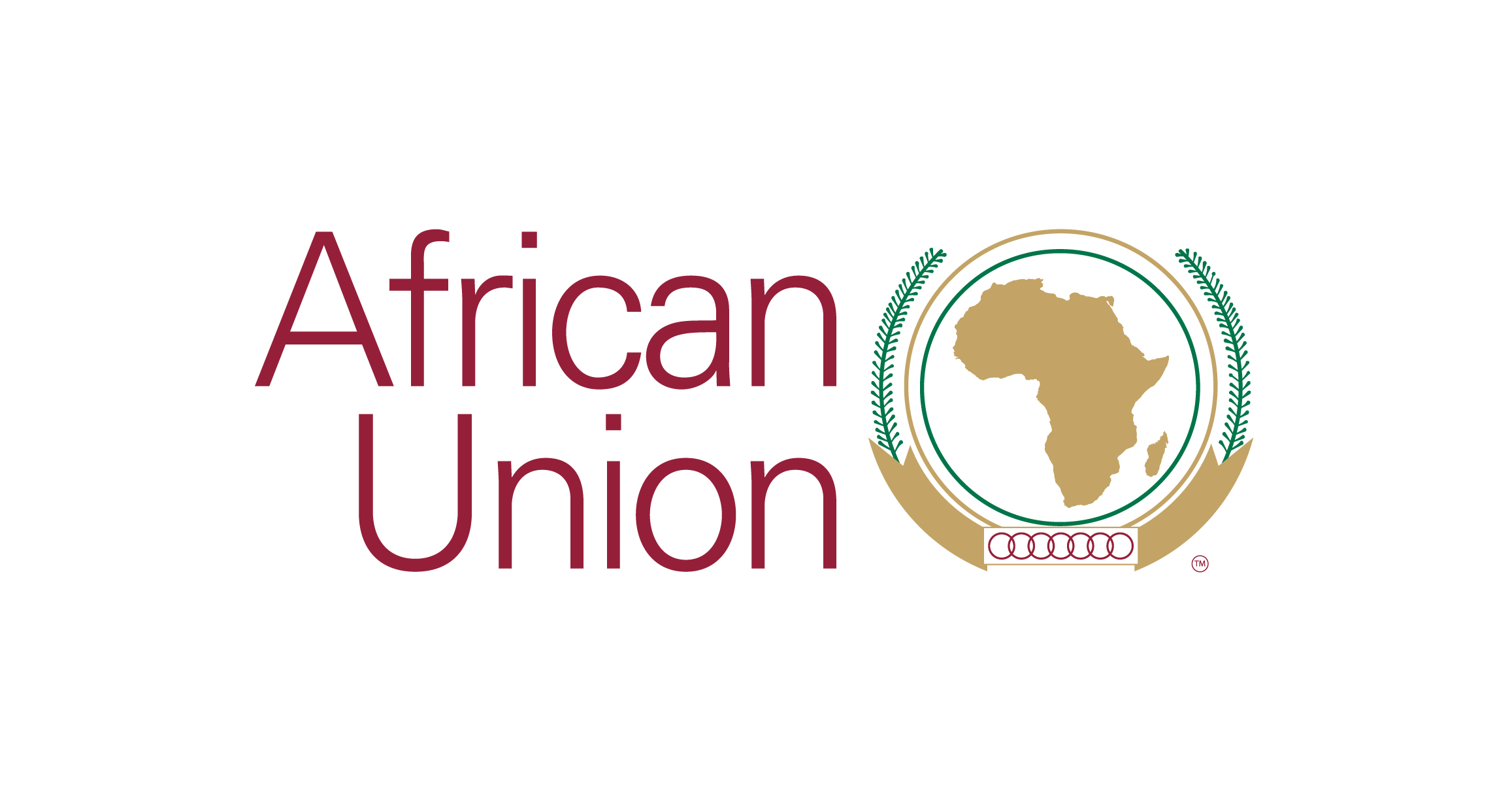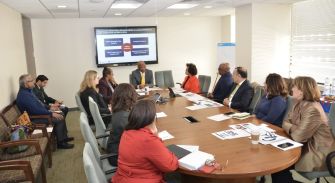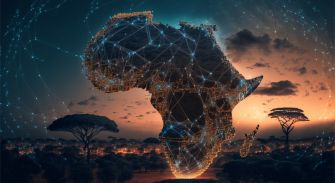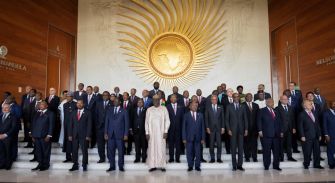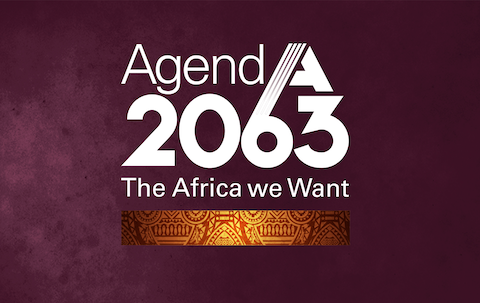Africa is the most youthful continent in the world, with most Africans being under the age of 35. This trend is set to continue; such that Africa will have more youth than any other continent by 2080. Because of this, much of the AU’s Agenda 2063 framework for development rests on the contributions that young people will make to the betterment of Africa. But for them to do this, they need to have the knowledge, and the skills to execute the AU’s plans. One of the best ways to facilitate the understanding by young people about the African Union, and about high-level diplomacy in general, is through the use of a Model African Union Simulation.
The Model AU Continental Simulation of the African Union ties in with the AUC strategies that work towards eliminating barriers to achieve active participation of young people and aims to identify solutions and opportunities that contribute to their development. It offers a unique opportunity for African youth to study and familiarize themselves with the AU through simulating the decision-making process. This serves to enhance the leadership and decision-making capabilities of African youth and educate them through practice on diplomatic behaviour through negotiation, consensus building and compromise to become active stakeholders in the vision, mission and activities of the AU.
Such a framework would provide educators, youth leaders and anyone seeking to promote youth participation in Africa, with a critical learning tool to facilitate learning among youth about the AU, how it functions and what it does. Model AU will also help youth to learn critical skills such as public speaking and debating, researching, collaborating, negotiating, writing and cooperating.
The African Union Youth Division in collaboration with our new and existing partners, plans to organise a series of simulations across the continent. As a mix of online and in-person events, these MAU simulations aim to align with the African Union’s flagship Agenda 2063, 1 Million Next Level Initiative (1MNL), and the Digital Transformation Strategy for Africa initiatives. Chiefly highlighted here being the 1 million Next Level initiative, which aims to reach 300 million young people with opportunities in health and wellbeing, education, employment, entrepreneurship, and engagement (4Es+H). This initiative is concerned with scaling up youth development, engagement strategies and initiatives for impact. It is a multi-stakeholder partnership involving the public and private sectors, and the young people of Africa - with the particular focus for this event being young African aimed at making a greater impact in their communities as leaders.
This, coupled with our MAU Toolkit, is aimed at reaching 3000+ young leaders on the continent this year alone.
Share initiative with your circle friends & family
